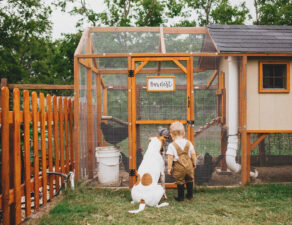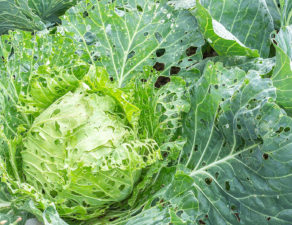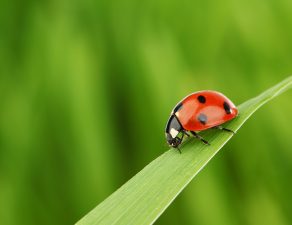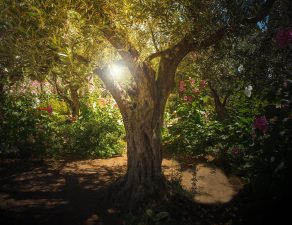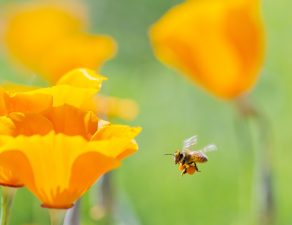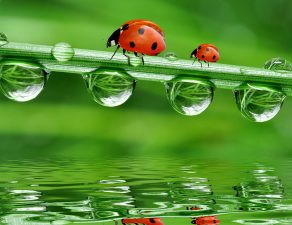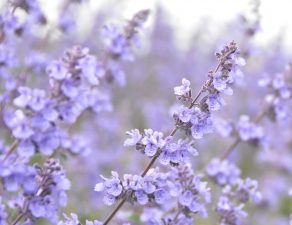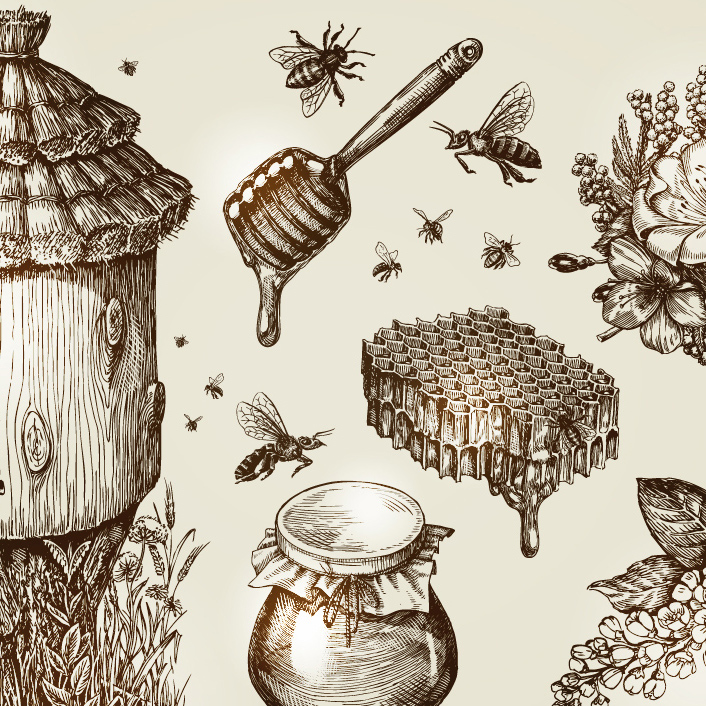
If you spend a lot of time outside, it will happen eventually: You will be stung by a flying insect. This is especially true for flower gardeners; after all, you’re spending a lot of quality time with these insects’ food source!
If you know you’re severely allergic to stings, your first step should be to use your Epipen right away, or call 911 for help if you don’t have access to one. Otherwise, those who are not allergic can follow the following steps:
- Try to identify the type of sting. Take quick notice of what insect nabbed you, if you can.
- Pull out the stinger, if you can see it. If a venom sac is attached, be very careful not to squeeze it, or you could accidentally inject more venom into yourself. Flick it away with a rigid object such as a credit card.
- Watch for serious allergic reactions. If you’ve never been stung before, you could be allergic without knowing it. Call for help immediately if you have trouble breathing or experience other alarming symptoms.
- Most likely, you will only experience pain and mild to moderate swelling at the site of the sting. Place ice on the area to soothe it.
- To treat a bee sting, take an antihistamine such as Benadryl (if you’ve taken it before, and know that you won’t react strongly to the medication). Don’t drive afterward! These medications can make you sleepy or feel “loopy”.
- Or, try ammonia. Applied topically, alkaline ammonia counteracts acidic venom. If you don’t have ammonia handy, a handful of mud can be soothing.
How to avoid bee stings in the future. You can improve your odds of avoiding stings by choosing clothing that is less likely to attract them. Yellow, red, and orange are some of bees’ favorite colors, and keep in mind that they can’t differentiate between real blooms and flower prints on clothing! Don’t wear perfumes if you’re going outside, either. The smells confuse bees, and they might think you’re a tasty pollen snack.
Stay safe while you’re gardening this year! And remember, if you have any other questions we’re here to help. Stop by our nursery, explore our new blooms, and gain valuable input on keeping your garden beautiful all year.

